The United States Senate has seen many remarkable individuals dedicate their lives to shaping the nation’s laws and policies. Among them are senators whose decades-long tenures have left a lasting impact on their states and the country as a whole. These longest-serving senators represent a blend of experience, perseverance, and leadership, each contributing uniquely to the history of American governance. From championing major legislative reforms to advocating for their constituents’ needs, their legacies continue to influence the political landscape. This article highlights the longest-serving U.S. senators, exploring their years of service, notable achievements, and enduring contributions.
Robert C. Byrd
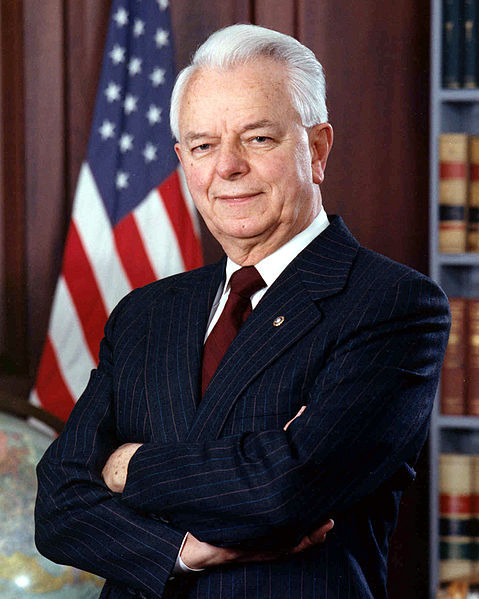
Robert C. Byrd represented West Virginia in the U.S. Senate from January 3, 1959, until his passing on June 28, 2010, amassing over 51 years of service. Born on November 20, 1917, he was 92 at the time of his death. He held several key positions, including Senate Majority Leader and President pro tempore. He was renowned for his deep knowledge of Senate rules and history, often referred to as the “Conscience of the Senate.” A staunch defender of the legislative branch’s prerogatives, Byrd was instrumental in shaping policies on infrastructure and education. His commitment to his constituents was evident through numerous projects that benefited West Virginia. His legacy includes a vast collection of speeches and writings on the importance of the Constitution and the Senate’s role in governance.
Daniel K. Inouye
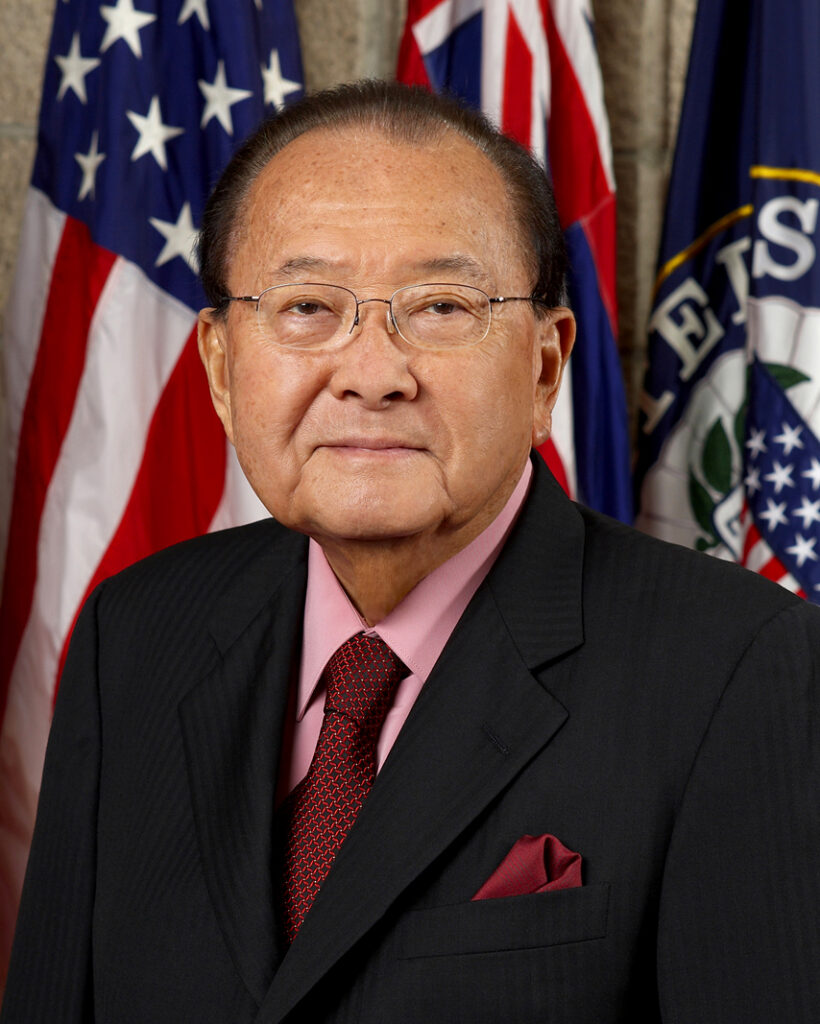
Serving Hawaii from January 3, 1963, until his death on December 17, 2012, Daniel K. Inouye’s tenure spanned nearly 50 years. Born on September 7, 1924, he was 88 when he passed away. Inouye was a World War II hero, earning the Medal of Honor for his bravery. In the Senate, he held influential roles, including President pro tempore and chairman of the Appropriations Committee. Inouye was a champion for civil rights and played a pivotal role in the Watergate investigation as a member of the Senate Watergate Committee. His advocacy extended to Native Hawaiian rights and veterans’ affairs. His dedication to public service left an indelible mark on both Hawaii and the nation.
Patrick J. Leahy
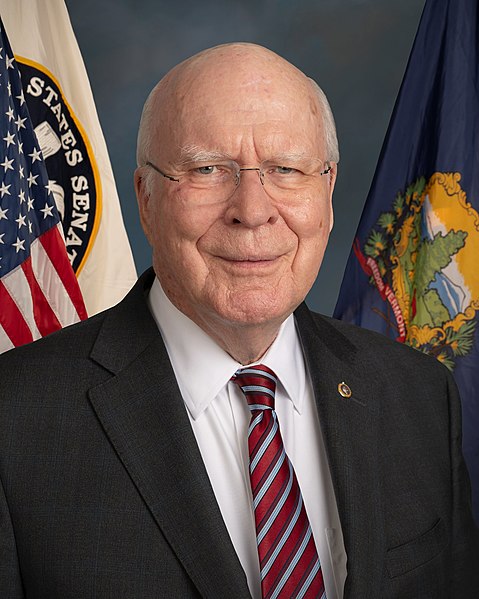
Patrick J. Leahy represented Vermont in the Senate from January 3, 1975, to January 3, 2023, serving for 48 years. Born on March 31, 1940, he was 82 upon his retirement. Leahy was the first Democrat elected to the Senate from Vermont. Throughout his tenure, he chaired the Judiciary and Appropriations Committees, influencing significant legislation on civil liberties and national security. He was a vocal advocate for human rights and environmental conservation. He also had a unique presence in popular culture, making cameo appearances in several Batman films. His commitment to transparency and justice was evident in his support for the Freedom of Information Act.
Strom Thurmond
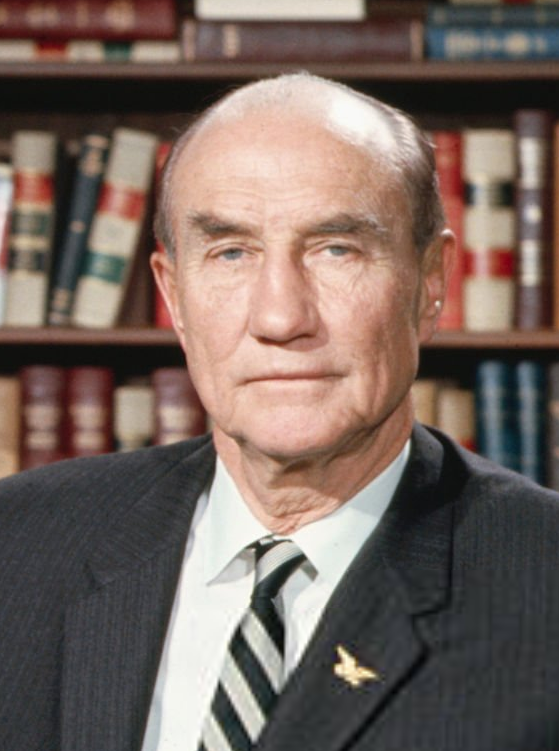
Strom Thurmond served South Carolina in the Senate from December 24, 1954, until January 3, 2003, with a tenure of nearly 48 years. Born on December 5, 1902, he retired at the age of 100, making him one of the oldest-serving senators in history. Initially a staunch segregationist, he later moderated some of his views, though his earlier positions remained a point of contention. He was known for holding the record for the longest solo filibuster, speaking for over 24 hours against the Civil Rights Act of 1957. Despite his controversial stances, he was a prominent advocate for military funding and veterans’ issues. He also helped modernize South Carolina’s infrastructure and educational system during his service. His resilience and adaptability over his long career made him a unique figure in American politics.
Edward M. Kennedy
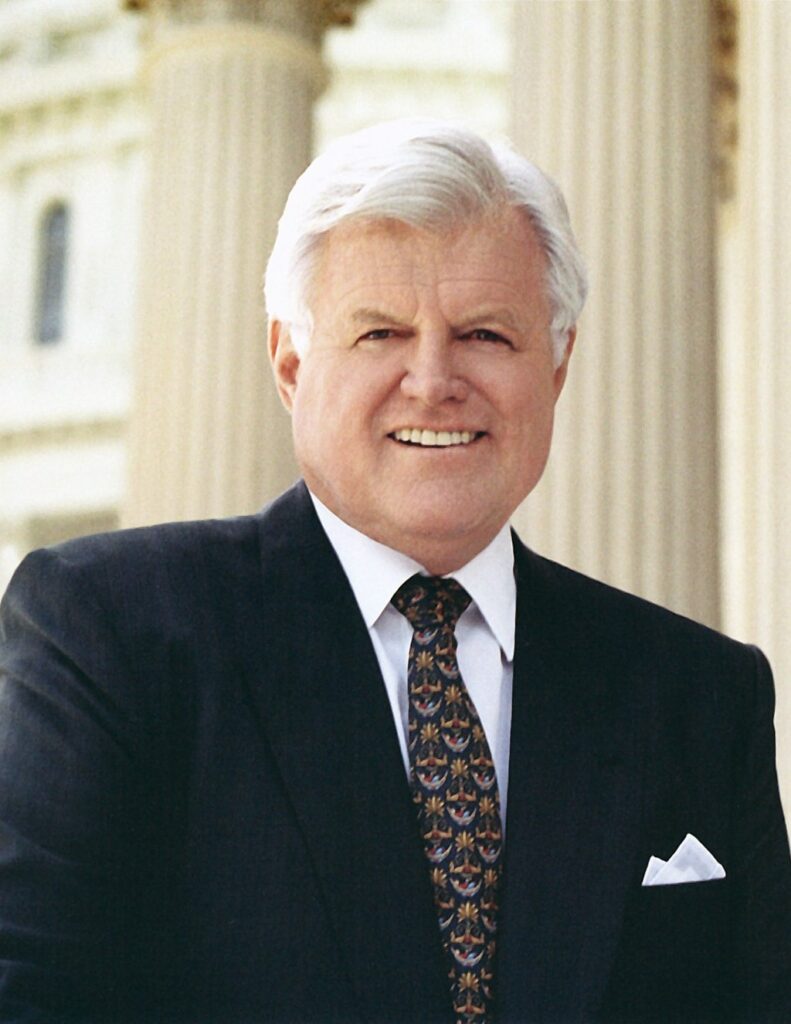
Edward M. Kennedy, widely known as “Ted,” served Massachusetts in the Senate from November 7, 1962, until his death on August 25, 2009. Spanning nearly 47 years, his tenure made him one of the most influential senators in U.S. history. Born on February 22, 1932, he was 77 when he passed away. He was a leading advocate for healthcare reform, education, and civil rights throughout his career. His efforts helped pass significant legislation, including the Americans with Disabilities Act and the Children’s Health Insurance Program. Despite personal controversies and political challenges, he was respected for his legislative acumen and bipartisanship. His ability to bridge political divides and champion social progress cemented his legacy as the “Lion of the Senate.” His dedication to public service was a defining characteristic of his storied career.
John McCain

John McCain served Arizona in the Senate from January 3, 1987, until his death on August 25, 2018, spanning over 31 years. Born on August 29, 1936, McCain passed away at the age of 81. A decorated Navy veteran and prisoner of war in Vietnam, his military service shaped his approach to leadership and public policy. He was known for his maverick stance, often crossing party lines to advocate for bipartisan solutions on key issues like campaign finance reform and immigration. He played a significant role in the Senate Armed Services Committee, where he championed military readiness and accountability. His presidential runs in 2000 and 2008 further highlighted his dedication to public service and national unity. His legacy as a war hero and a principled legislator remains a cornerstone of his contributions to American politics.
Richard Russell Jr.
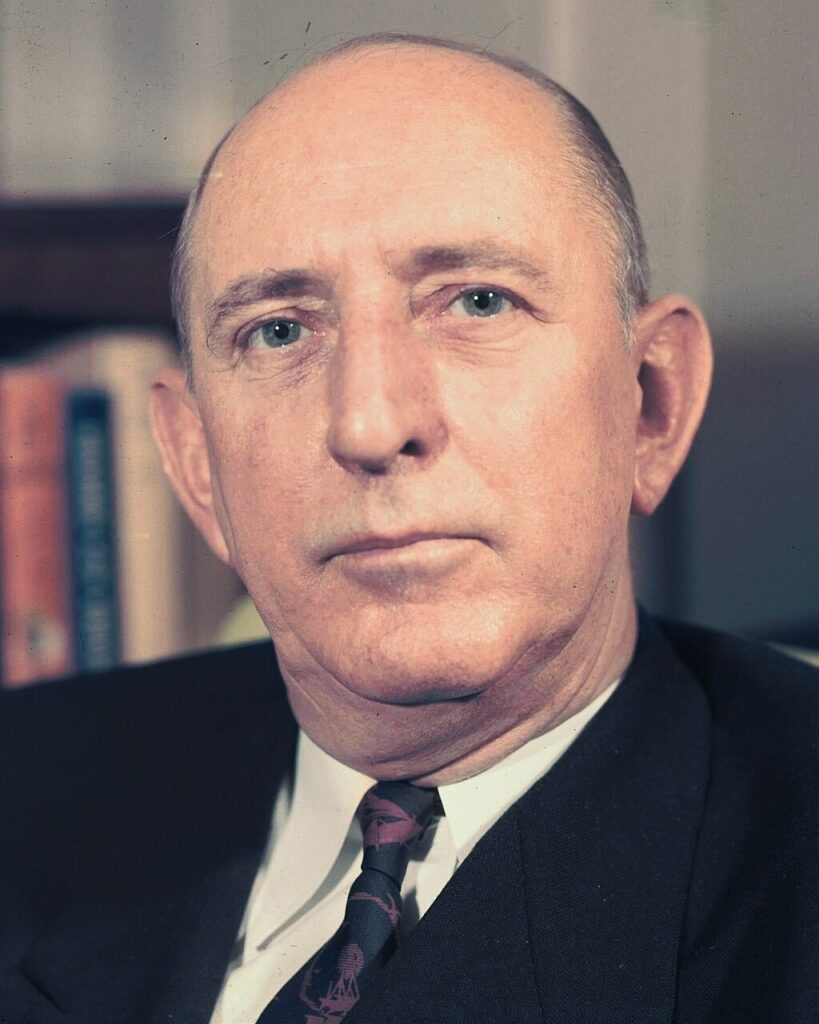
Richard Russell Jr. represented Georgia in the Senate from January 12, 1933, to January 21, 1971, serving for 38 years. Born on November 2, 1897, he passed away at the age of 73. He was a staunch advocate for Southern agriculture and rural development, often prioritizing his state’s economic needs. As chairman of the Armed Services Committee, he oversaw military policy during pivotal moments in U.S. history, including World War II and the Vietnam War. He was instrumental in the passage of key defense bills, cementing his reputation as a defender of national security. Despite his legislative accomplishments, he faced criticism for his opposition to civil rights legislation, reflecting the racial politics of his era. His impact on the Senate is also memorialized through the Senate Office Building named in his honor. His influence was both transformative and deeply controversial.
Mitch McConnell

Mitch McConnell has represented Kentucky in the Senate since January 3, 1985, making him one of the longest-serving senators in history. Born on February 20, 1942, he continues to serve at the age of 82. He is best known for his role as Senate Majority Leader, where he navigated complex political landscapes with strategic precision. Under his leadership, he prioritized judicial appointments, including the confirmation of three Supreme Court justices, reshaping the judiciary for decades. His fiscal conservatism has been a cornerstone of his policy agenda, advocating for limited government and tax reform. He is also recognized for his ability to maintain party unity during contentious legislative battles. His tenure has cemented his place as a pivotal figure in modern American politics, often described as a master tactician. His influence on the Senate’s procedural dynamics has been profound.
Carl Hayden
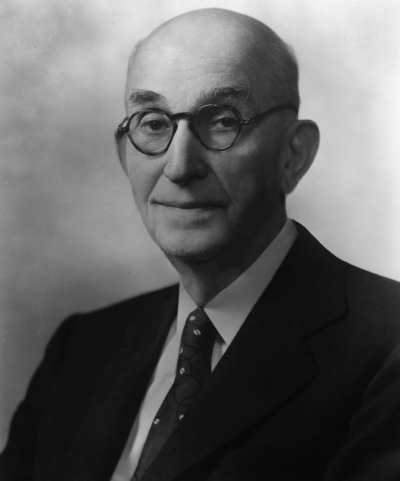
Carl Hayden represented Arizona in the Senate from March 4, 1927, to January 3, 1969, serving for 41 years. Born on October 2, 1877, he retired at the age of 91, leaving behind a legacy of legislative achievements. He played a crucial role in water resource management, advocating for projects like the Central Arizona Project, which transformed the state’s agriculture and development. As chairman of the Appropriations Committee, he ensured federal funding for infrastructure and public works, earning the nickname “The Silent Senator” for his behind-the-scenes effectiveness. His contributions extended to civil works, education, and public health initiatives, enhancing the quality of life for millions. Despite his quiet demeanor, he was widely respected for his dedication to his constituents and pragmatic approach to governance. His ability to forge bipartisan consensus made him a highly effective legislator. Hayden remains a revered figure in Arizona’s history.
Ted Stevens
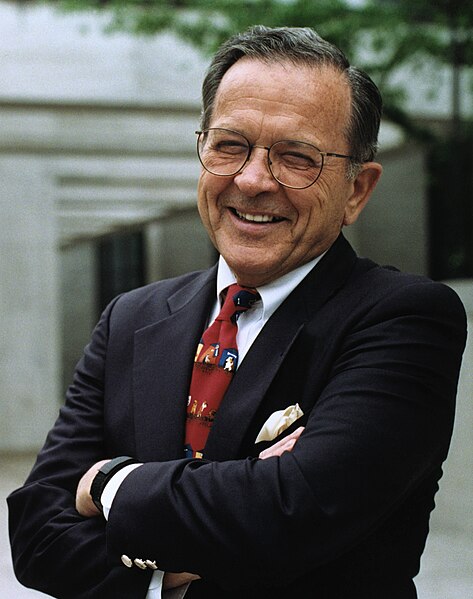
Ted Stevens served Alaska in the Senate from December 24, 1968, to January 3, 2009, a tenure of just over 40 years. Born on November 18, 1923, he passed away at the age of 86. He was instrumental in developing Alaska’s infrastructure and economy, championing projects like the Trans-Alaska Pipeline System. As chairman of the Appropriations Committee, he secured significant federal funds for his state, earning him the nickname “Alaskan of the Century.” He played a key role in shaping defense policy, serving as chairman of the Senate Defense Appropriations Subcommittee. Despite his legislative accomplishments, his career ended amid controversy due to corruption charges, though his conviction was later overturned. His advocacy for Alaska’s unique needs and challenges left an enduring impact on the state. His legacy reflects both his achievements and the complexities of his long career.
Joe Biden

Joe Biden represented Delaware in the Senate from January 3, 1973, to January 15, 2009, serving for 36 years before becoming Vice President and later President. Born on November 20, 1942, he was 66 when he left the Senate. As one of the youngest individuals ever elected to the Senate, he quickly gained a reputation for his expertise in foreign relations and judiciary matters. He chaired both the Senate Judiciary and Foreign Relations Committees, influencing policies on issues like crime, civil rights, and international diplomacy. Biden’s role in crafting the Violence Against Women Act was a hallmark of his legislative career. Despite personal tragedies, including the loss of his wife and daughter early in his career, he remained committed to public service. His ability to connect with constituents earned him the nickname “Amtrak Joe” for his daily train commutes. His Senate tenure laid the groundwork for his subsequent leadership roles.
Ernest Hollings
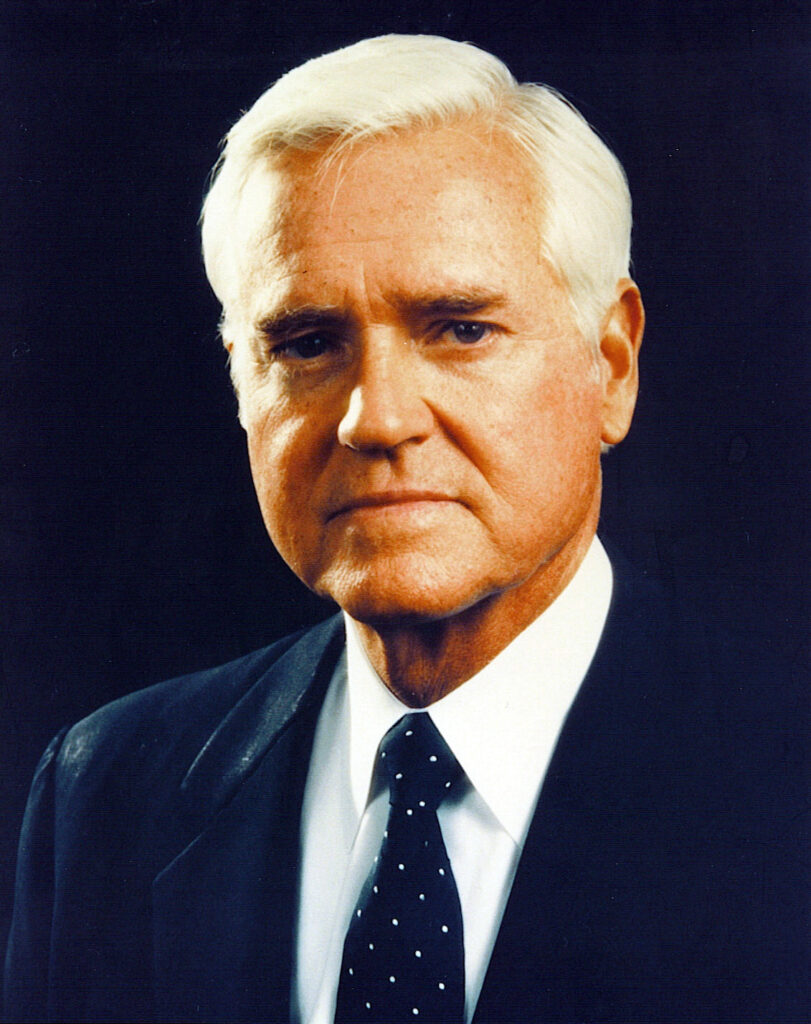
Ernest Hollings served South Carolina in the Senate from November 9, 1966, to January 3, 2005, a span of nearly 39 years. Born on January 1, 1922, he retired at the age of 82. He was known for his work on fiscal policy, advocating for balanced budgets and deficit reduction. As chairman of the Commerce, Science, and Transportation Committee, he pushed for advancements in telecommunications and oceanic research. He co-authored the Gramm-Rudman-Hollings Balanced Budget Act, a landmark piece of legislation aimed at reducing federal deficits. He was also a strong proponent of education reform and environmental conservation. His pragmatic approach often involved working across party lines to achieve bipartisan solutions. His legacy includes the creation of NOAA and significant contributions to South Carolina’s economic development. His commitment to public service earned him widespread respect among his peers and constituents.
This article originally appeared on Rarest.org.
More from Rarest.org
16 Most Beautiful and Endangered Coral Reefs

Coral reefs captivate with their stunning colors and rich biodiversity. Yet, these marine treasures face grave threats from climate change and human activities. The following reefs are not only some of the most beautiful but also among the most endangered. Read More.
14 Enigmatic Islands with Unexplained Features

Islands hold an air of mystery, often shrouded in legends and unexplained phenomena. Some islands, however, go beyond typical intrigue, puzzling explorers and scientists alike. These enigmatic landforms have baffled visitors with strange artifacts, ancient ruins, and unexplained features that defy logical explanation. Read More.
14 Rare Gemstones Found Only in Specific Regions

Rare gemstones hold a special allure, not just for their beauty but for their scarcity. Found only in specific regions around the world, these stones are prized by collectors and jewelers alike. The combination of unique geological conditions and limited supply makes each of these gems both valuable and captivating. Read More.
